DOES THE PATIENT HAVE RISK FACTORS THAT COULD LEAD TO SEVERE DISEASE?
PLEASE NOTE THAT OTHER MEDICAL CONDITIONS OR FACTORS (E.G., RACE OR ETHNICITY) NOT LISTED MAY ALSO PLACE INDIVIDUAL PATIENTS AT HIGH RISK FOR PROGRESSION TO SEVERE COVID-19. AUTHORIZATION FOR MONOCLONAL ANTIBODIES UNDER THE EUA IS NOT LIMITED TO THE MEDICAL CONDITIONS OR FACTORS LISTED BELOW. FOR THIS REASON, THE OPTION OF “OTHER” IS AVAILABLE WITH A BLANK TO FILL IN ON THE APPLICATION.
- Older age (e.g., ≥ 65 years of age)
- Obesity or being overweight (e.g., adults with BMI > 25 kg/m2, or if age 12-17, have BMI ≥ 85thpercentile for their age and gender based on CDC growth charts, https://www.cdc.gov/growthcharts/clinical_charts.htm)
- Pregnancy
- Chronic kidney disease
- Diabetes
- Immunosuppressive disease or immunosuppressive treatment
- Cardiovascular disease (including congenital heart disease) or hypertension
- Chronic lung diseases (for example, chronic obstructive pulmonary disease, asthma [moderate-to-severe], interstitial lung disease, cystic fibrosis, and pulmonary hypertension)
- Sickle cell disease
- Neurodevelopmental disorders (e.g., cerebral palsy) or other conditions that confer medical complexity (e.g., genetic or metabolic syndromes and severe congenital anomalies)
- Having a medical-related technological dependence (e.g., tracheostomy, gastrostomy, or positive pressure ventilation not related to COVID-19)
- Other
